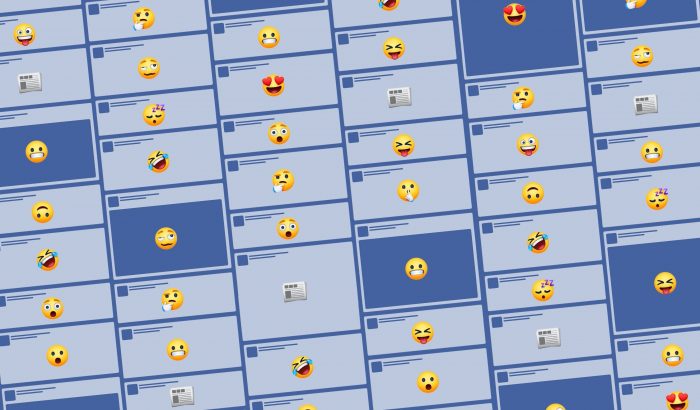
Last week Facebook blocked the sharing of news stories in Australia, in response to a proposed Media Bargaining Law that would force Facebook to pay publishers when users viewed their content on the platform.
The change sent publishers’ traffic tumbling (though the Australian Broadcasting Company’s app briefly became the most-downloaded app in Australia) and removed not just news articles but also public health and weather information. The move also spurred concern that certain vulnerable communities would be disproportionately affected by the change — elderly people, people living in rural areas, and people in the Pacific region whose prepaid data plans include free access to Facebook but not to news websites.On Monday, however, Facebook and the Australian government struck a deal that would restore news to Facebook in the country, at least for now. “We are are satisfied that the Australian government has agreed to a number of changes and guarantees that address our core concerns about allowing commercial deals that recognize the value our platform provides to publishers relative to the value we receive from them,” Facebook said in a statement. “As a result of these changes, we can now work to further our investment in public interest journalism and restore news on Facebook for Australians in the coming days.”
The Guardian reported on the changes the Australian government agreed to:
The changes mean the government may not apply the code to Facebook if the company can demonstrate it has signed enough deals with media outlets to pay them for content. The government has also agreed that Facebook and other platforms which would be subject to the code would be given a month’s notice to comply.
Arbitration is now "last resort", strengthening Facebook's negotiating hand. It can also strike different deals with publishers without penalty & it will control what kind of content falls under the code.
Facebook wins and, as News Corp and Nine wanted it, journalism still loses. https://t.co/pPmAKo7CIl— Bernard Keane (@BernardKeane) February 23, 2021
Facebook CEO Mark Zuckerberg told Australian treasurer Jim Frydenberg “that he intended to sign commercial deals with news publishers,” the Australian Broadcasting Corporation reported. “Facebook is now going to engage good faith negotiations with the commercial players,” Frydenberg said. “They are pretty advanced with a number of parties.”
It’s unclear what those commercial deals will look like, but they might be similar to what Facebook has done in the U.S. with its dedicated, curated News tab, which is available only through the company’s mobile apps. Facebook News features news from around 200 publishers and pays some of them hefty licensing fees. The News tab launched in the U.K. in January but isn’t available in any other countries yet. Seven West Media, one of Australia’s largest media companies, announced Tuesday that it is signing a deal “to provide news content to Facebook” and said more details would be announced when the deal was complete.
Campbell Brown, Facebook’s VP of global news partnerships, stressed in a statement that Facebook retained the power to take down news in Australia again and that the company would “support the publishers we choose to, including small and local publishers.”
“The government has clarified we will retain the ability to decide if news appears on Facebook so that we won’t automatically be subject to a forced negotiation,” she said.
Last week, Google signed deals with Australian publishers to include them in its “News Showcase” product.
MEAA statement on the news code:
"We now face the strange possibility that the Code could be passed by Parliament and it applies to precisely no one. It will just sit in the Treasurer’s draw as a threat to misbehaving digital companies"https://t.co/TdAcSSNkuQ
— Josh Butler (@JoshButler) February 23, 2021
But… Big media – who refused to commit to hiring more journalists with their ill-gotten gains, in Senate hearing, multiple times – got to make deals and all the little players can happily be ignored.
Well played all of you who unwittingly aided in this heist 🙄 https://t.co/KfLk4bacVy
— Noely ⚡️🏐 (@YaThinkN) February 23, 2021